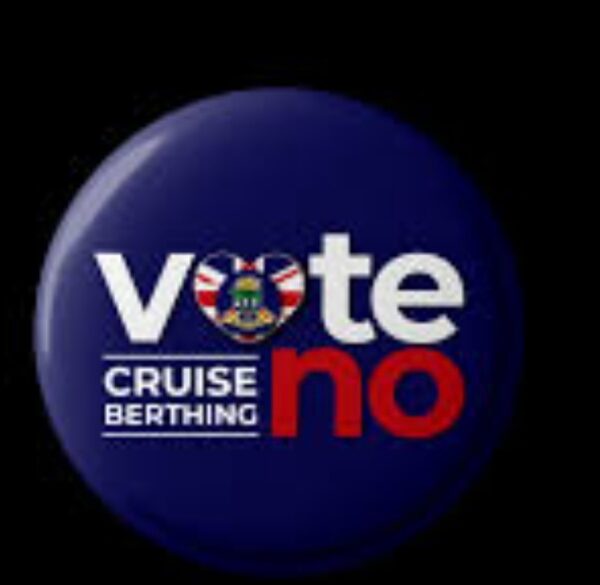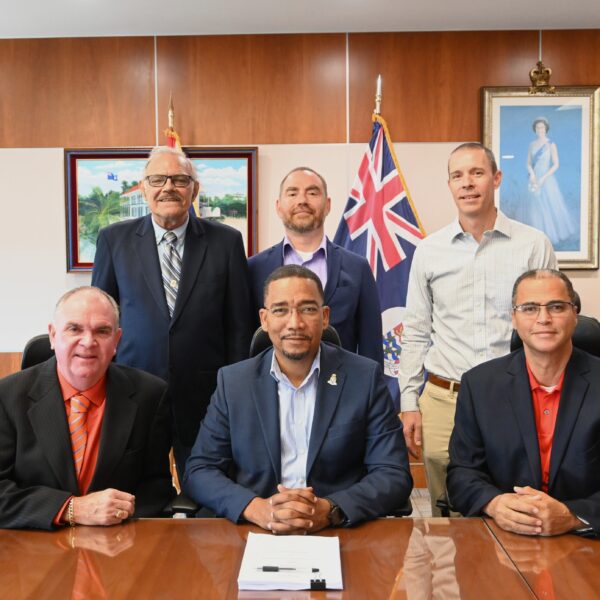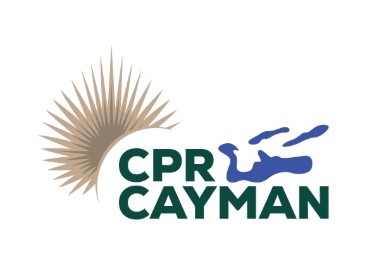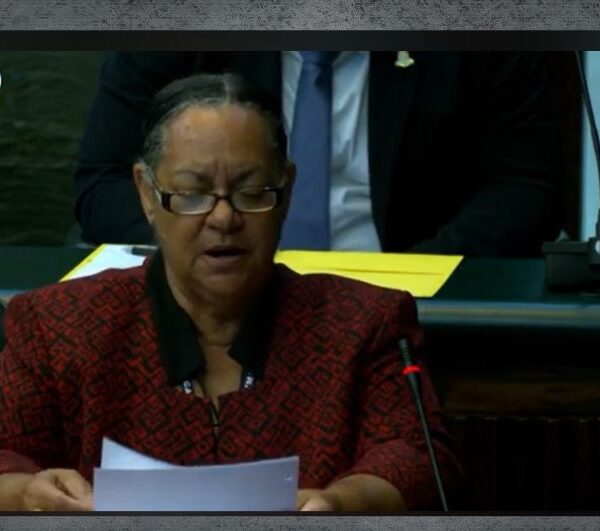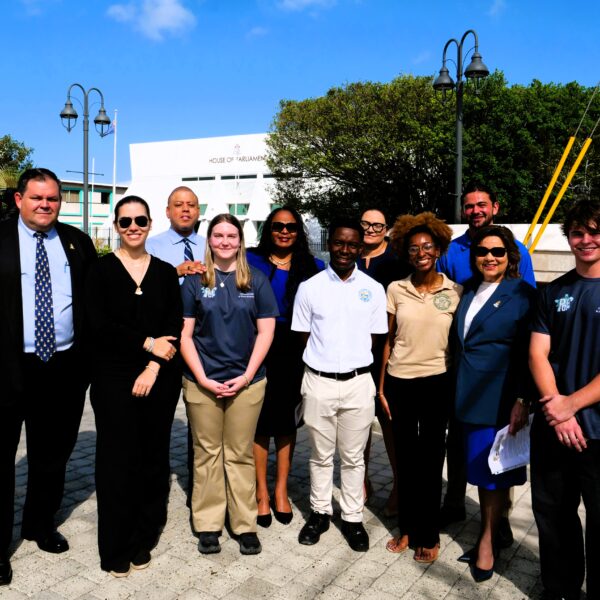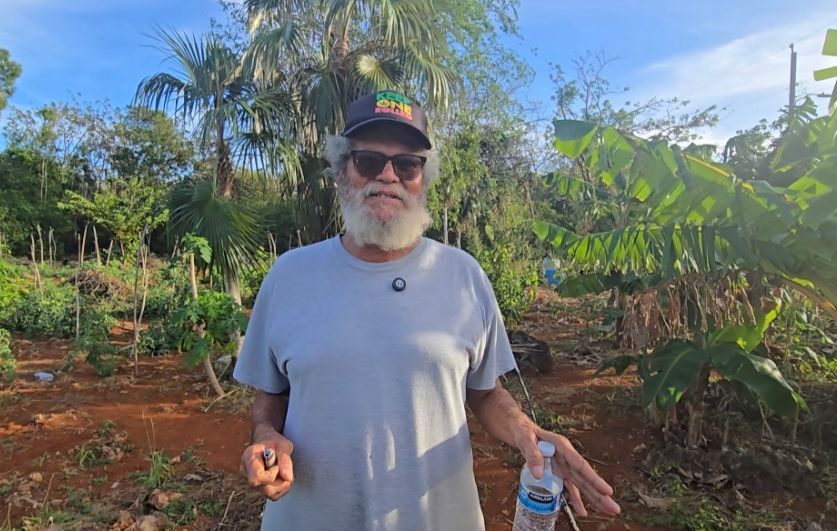
Elvis McKeever
|
Getting your Trinity Audio player ready...
|
By Alric Lindsay
In an interview with Elvis McKeever in Cayman Brac on February 4, 2025, he predicted that there would be an overwhelming “yes” vote for the decriminalisation of cannabis on election day on April 30, 2025. He also suggested that the Government allow ganja to be cultivated locally for quality control purposes and authorise farmers to provide extracts to doctors for medicinal purposes.
To listen to the entire video, please see the below.
Note to readers:
According to attorney Henry Orren Merren IV, there are three main United Nations that are important to consider when discussing the decriminalisation of cannabis. These are the (1) Single Convention on Narcotic Drugs 1961 (as amended by the 1972 Protocol); (2) Convention on Psychotropic Substances 1971; and (3) Convention Against Illicit Traffic in Narcotic Drugs and Psychotropic Substances 1988.
Regarding the Single Convention, Merren said:
On 22 January 2021 in New York, the Schedules of the United Nations Single Convention on Narcotic Drugs (as amended by the 1972 Protocol) were amended — in particular, ‘cannabis and cannabis resin and extracts and tinctures of cannabis’ are now only in Schedule I (recognized to have medical, therapeutic and scientific value, but remain a dangerous drug with potential to threaten public health: e.g. cocaine) and have now been removed from Schedule IV (consisting of dangerous drugs that are very harmful with no medical, therapeutic or scientific value: e.g. heroin).
Therefore, this enables the Cayman Islands to pass legislation for decriminalization of cannabis and also gives stronger support for medical and scientific uses and functions.
Merren confirmed that while decriminalisation is possible, legalisation is not yet possible in the Cayman Islands.
What’s the difference between decriminalising and legalising?
Decriminalisation of cannabis means that criminal penalties for its possession and use may be removed, but it remains illegal. This typically results in reduced legal consequences, such as fines instead of imprisonment, and aims to lessen the burden on the legal system.
Legalisation, on the other hand, means that cannabis is fully permitted and regulated by law. This includes the establishment of legal frameworks for its production, distribution, and sale, allowing for commercial markets and ensuring safety standards.
In summary, decriminalisation reduces penalties while keeping cannabis illegal, whereas legalization allows for legal use and regulation. Cayman is not in a position to legalise but may decriminalise.


